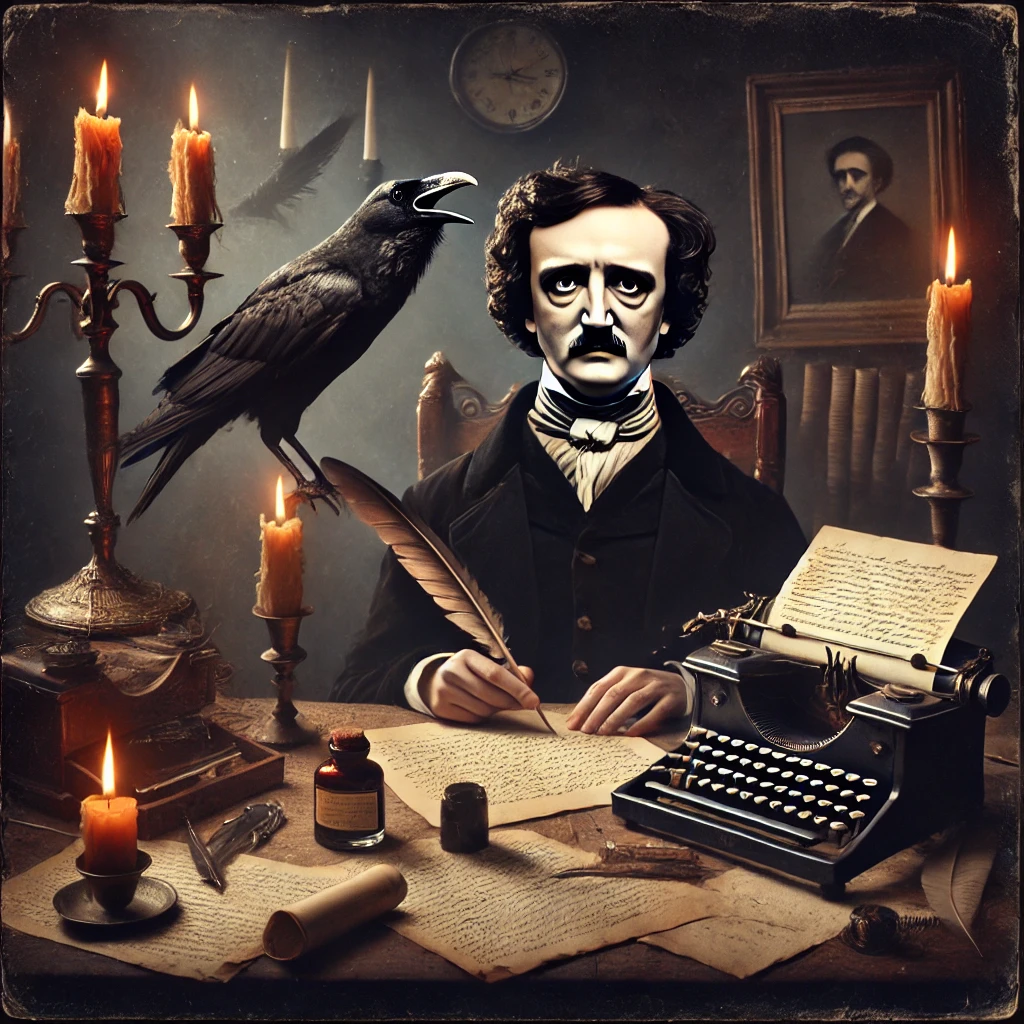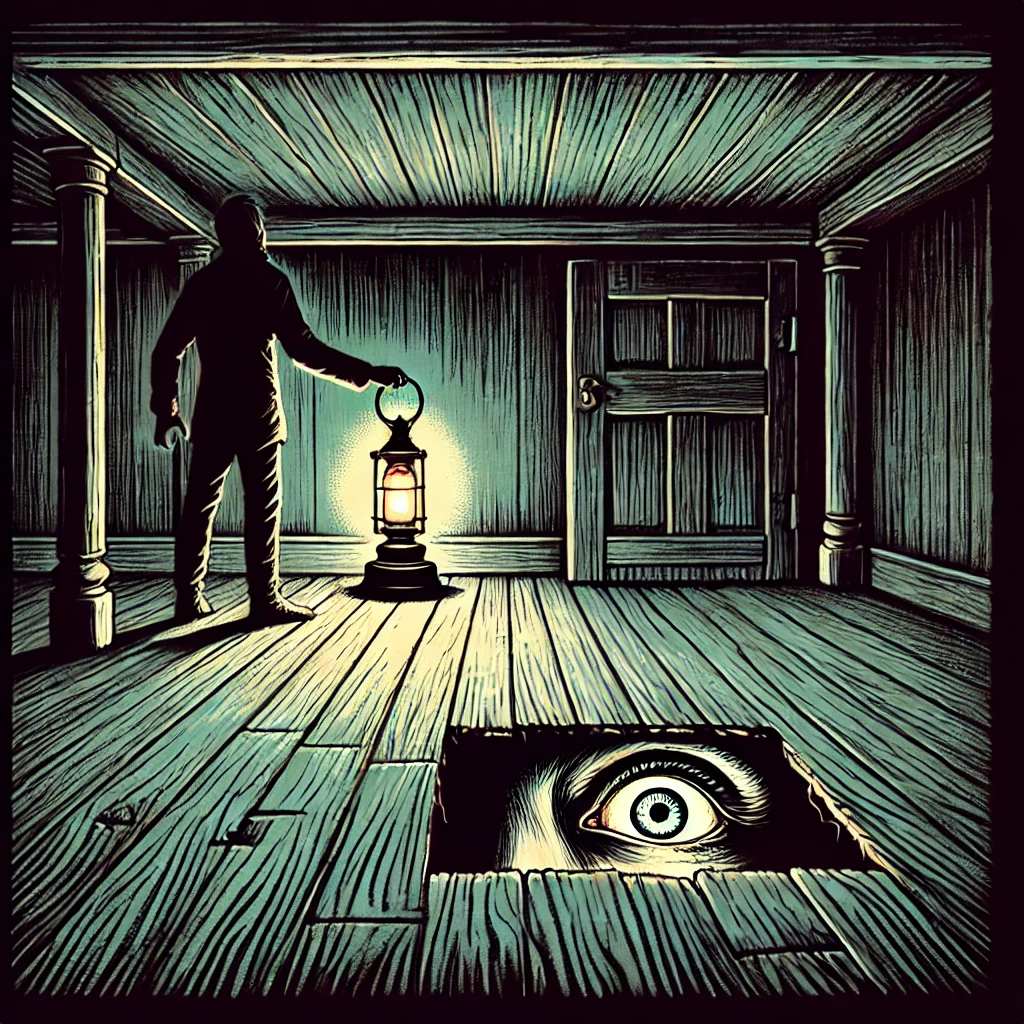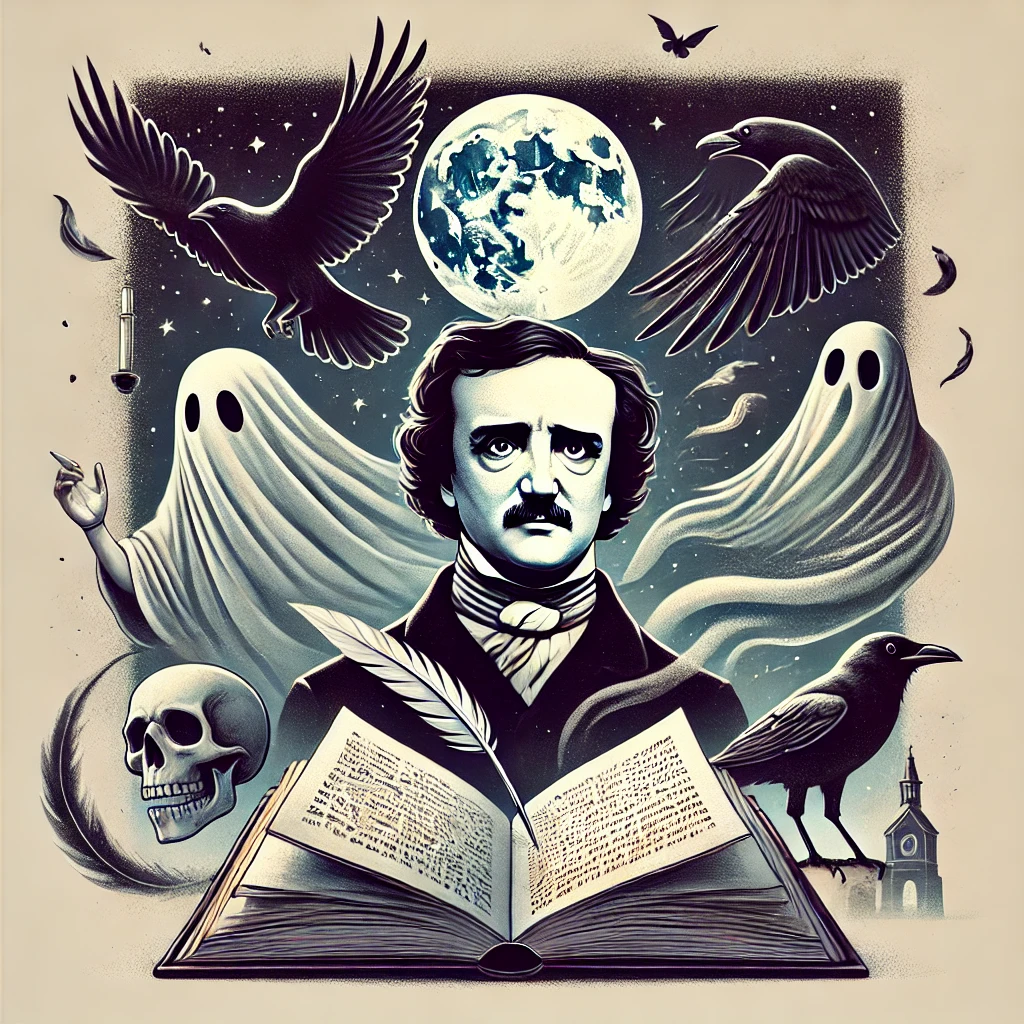On January 19th, 1809, the legendary writer Edgar Allan Poe was born in Boston, Massachusetts. Known for his contributions to the mystery, horror, and detective genres, Poe’s works continue to captivate readers worldwide. His life, though marked by tragedy, produced a literary legacy that remains unparalleled, influencing countless writers and shaping the Gothic tradition.

A Turbulent Life and Prolific Creativity
Poe’s life was fraught with hardship from the beginning. Orphaned by the age of three, he was taken in by John and Frances Allan but never formally adopted. His relationship with his foster father was strained, leading to financial difficulties and a sense of alienation that would permeate his life and works. Despite these challenges, Poe’s intellect and creativity flourished. He attended the University of Virginia but left due to debts and soon enlisted in the army, where he began to publish his early poetry.
In 1835, Poe married his 13-year-old cousin, Virginia Clemm, a union that brought him stability but also profound sorrow as her health declined. During this period, Poe penned some of his most famous works, including The Tell-Tale Heart, The Raven, and Annabel Lee. His tales of psychological torment, death, and the supernatural revolutionized the short story form and established him as a master of the macabre.

A Literary Innovator
Edgar Allan Poe’s influence extends far beyond his chilling tales of horror. He is credited with creating the modern detective story, beginning with “The Murders in the Rue Morgue.” This genre-defining work introduced the concept of a brilliant detective solving a seemingly unsolvable crime through logic and deduction, a template that inspired characters like Arthur Conan Doyle’s Sherlock Holmes.
Additionally, Poe’s mastery of language and ability to evoke profound emotion set him apart. His exploration of the human psyche—delving into themes of madness, obsession, and despair—resonated deeply with readers. His use of symbolism, rhythmic prose, and dark imagery has made his poetry and prose timeless examples of Gothic literature.
Poe’s Enduring Legacy

Though Poe died in 1849 at the young age of 40, his impact on literature endures. His works have inspired generations of writers, filmmakers, and artists. The annual Edgar Awards, named in his honor, celebrate achievements in mystery and crime writing. His tales continue to be adapted into films, plays, and modern retellings, proving their enduring appeal.
Poe’s influence extends beyond the arts. His exploration of the darker aspects of the human condition challenges readers to confront fear, mortality, and the unknown. His works serve as a reminder of the power of storytelling to both disturb and enlighten, bridging the gap between entertainment and profound insight.
In celebrating Poe’s birth, we acknowledge not just the man, but the enduring spirit of creativity and innovation he represents. More than two centuries later, his stories remain as haunting and relevant as ever, cementing his place as one of history’s most significant literary figures.
